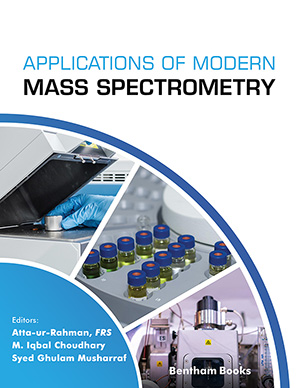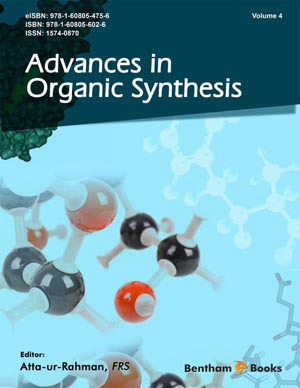Abstract
Alkaloids are natural metabolites containing nitrogen atoms, produced for
different biological functions by plants, animals, and microorganisms. In most cases, its
production is related to the defense mechanism of an organism through allelopathic
effects. Because of this allelopathic property, some of these alkaloids are used as
pesticides and can somehow be found in food and beverages as exogenous
contaminants. Other contaminations by alkaloids come from industrial processing; so,
ingestion of contaminated food or drinks can cause poisoning or death. Many of these
plants, although composed of toxic substances, are also used as traditional medicines.
Therefore, the compilation of these plants, their chemical constituents, and their
pharmacological effects remain important. This paper aims to report traditional
preparations and the use of edible plants containing toxic components, their
toxicological records of a part of these poisonous metabolites, some regulations on
their tolerable dose, and appropriate hyphenated techniques related to mass
spectrometric for their separation, detection, quantification, and characterization. In
addition, a particular emphasis will be placed on the properties of the stationary and
mobile phases used for these studies. The fragmentation mechanism pathways based on
mass spectrometry data for these substances will be widely described, and the
diagnostic peak will be highlighted.
Keywords: Alkaloids, Edible plants, Mass spectrometry, Toxicology, Traditional remedy.






















